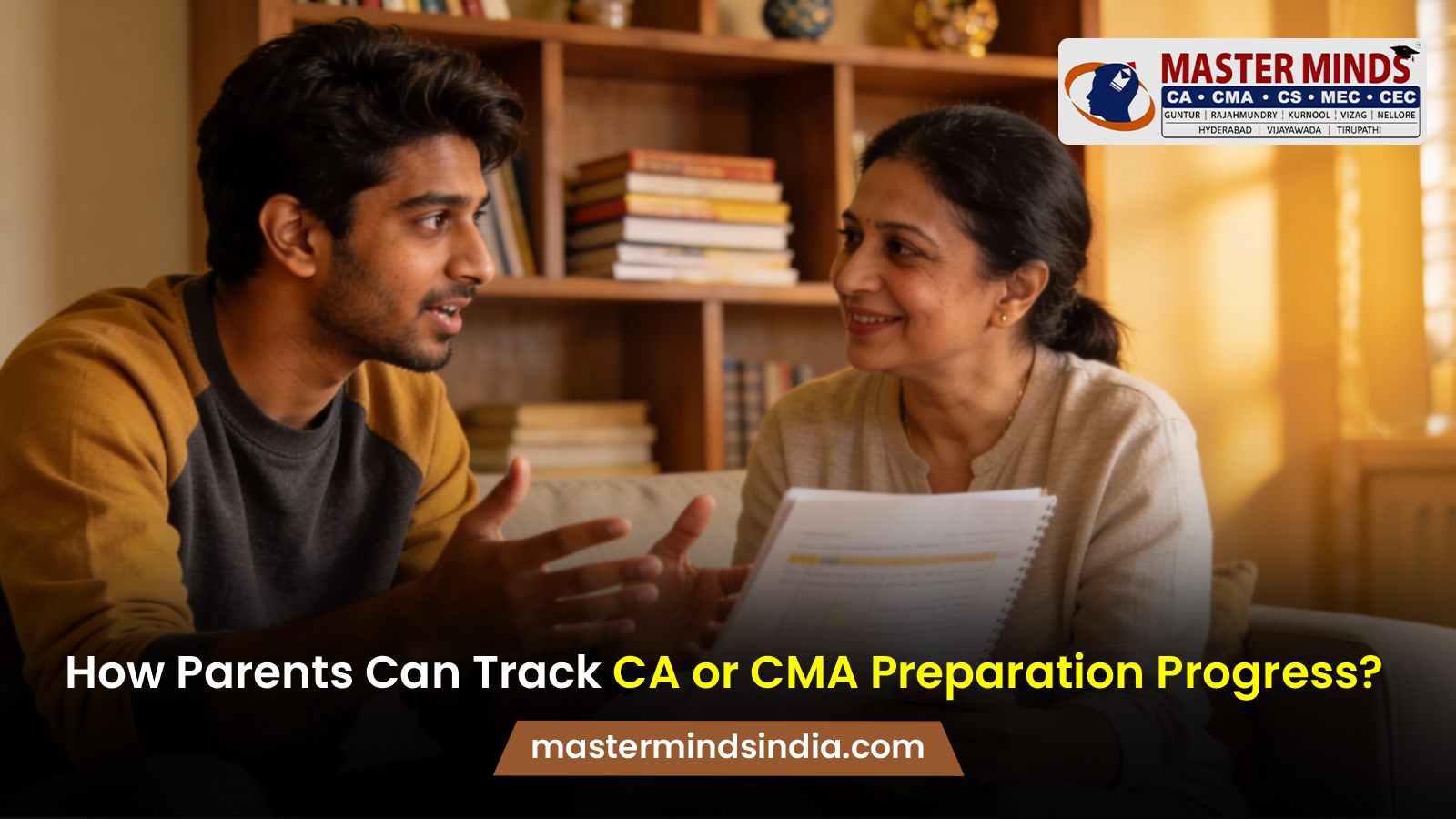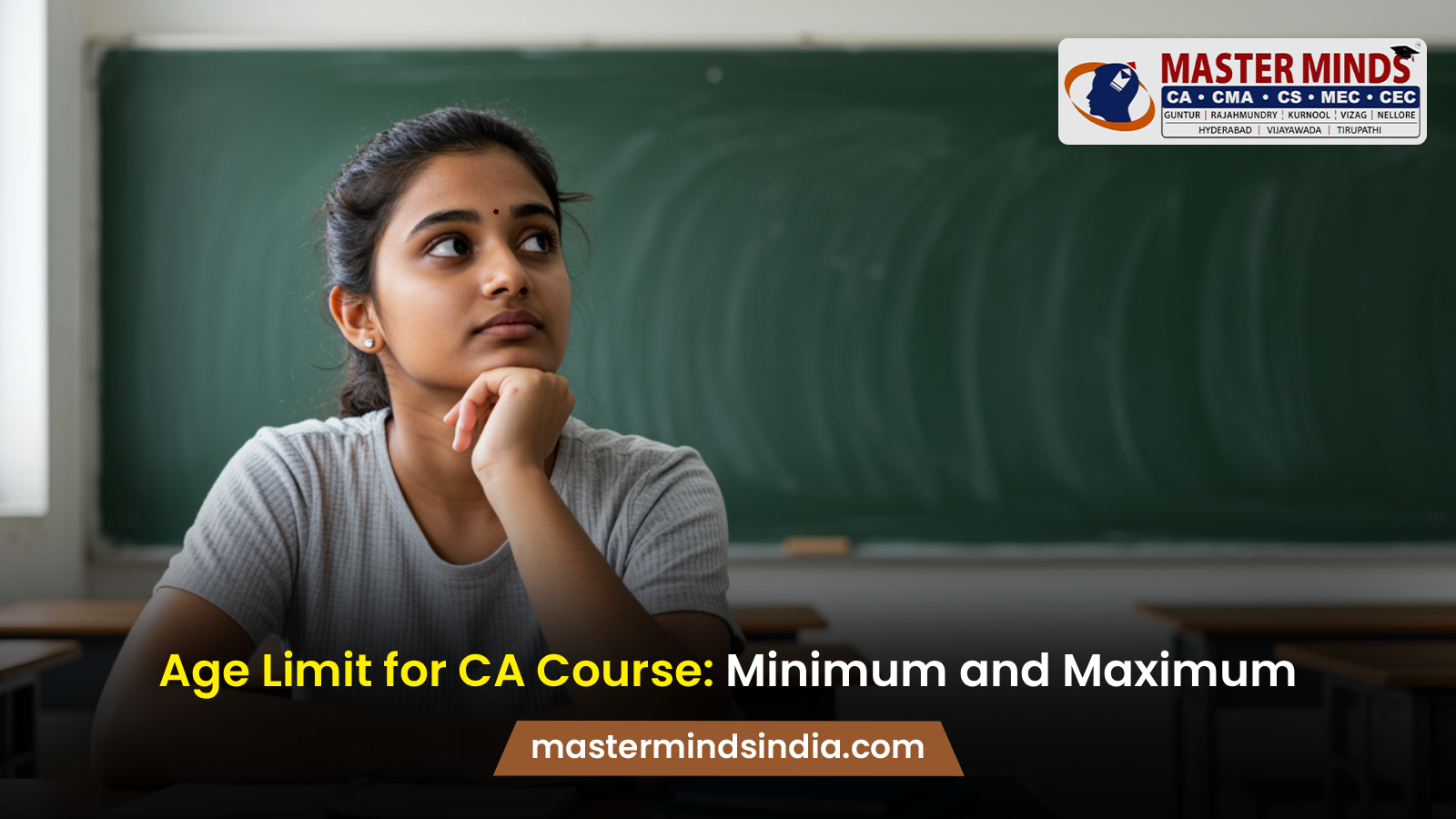Setting New Standards in a Journey of Excellence
It is founded by CA.M.S.N.Mohan, CA.M.Radha and CA.M.S.S.Prakash, a trio eduprenuers, under the guidance of Mr. Siva Prasad M, the chairman. While undertaking their C.A. Foundation studies, the trio identified a pressing demand for a comprehensive coaching institute offering all subjects under one roof. Their exceptional success in passing the C.A. Foundation exams on their first attempts propelled them into the teaching profession at a remarkably young age. As the strength of students started increasing, they started a coaching center with just 30 students in a small rented room.
After a three-year journey of pursuing CA, culminating in 2002, they achieved their qualification in the CA Final examination and laid the foundation for MASTER MINDS. In the initial stages, they conducted classes from a modest campus, catering to a mere 105 students. However, their exceptional achievements, including securing top ranks and the prestigious state 1st rank in the inaugural batch, rapidly propelled their institution’s popularity. As a result of their passion, firm dedication and excellence, the student number quickly jumped to approximately 600.
In response to the need for a junior college specializing in CA-oriented branches such as MEC and CEC, they established one and gained statewide acclaim by achieving the top rank in its inaugural batch. Presently, MEC and CEC programs feature over 150 sections, with the college welcoming approximately 20,000 admissions per annum.
This impressive growth and reputation prompted a significant change in the institution’s physical presence. They moved to their very own multi-storied building, thoughtfully equipped to provide a conducive learning environment. This new campus was strategically located in the heart of the city, enveloped by a serene and pleasant atmosphere, setting the stage for an even brighter future.











